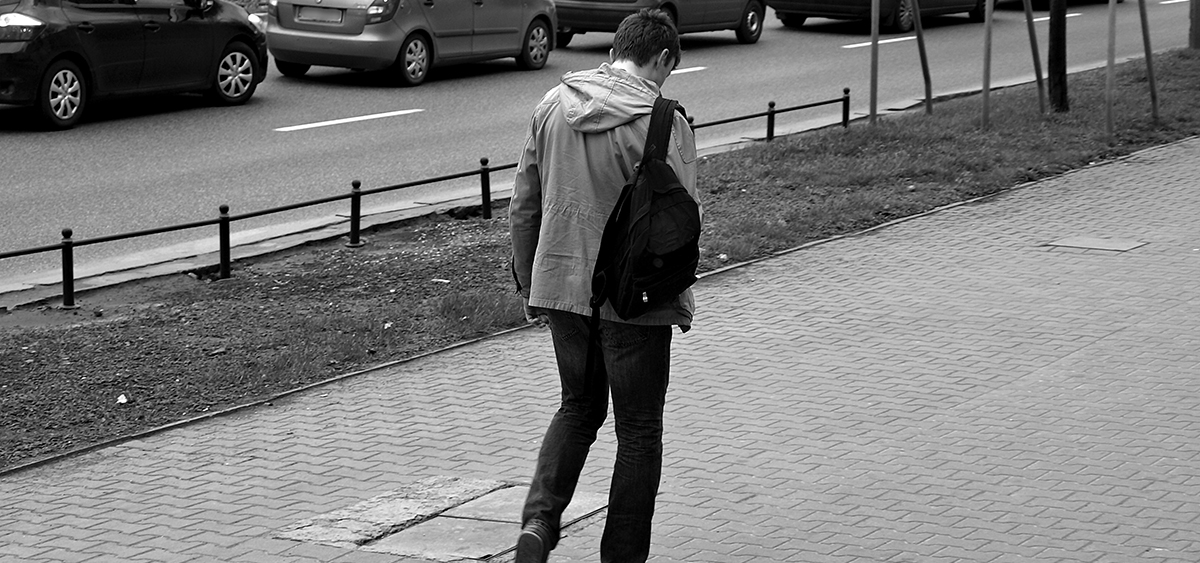You were found guilty of a crime and now have a criminal record. What is a criminal record suspension (used to be called a pardon)? This article explains:
- the effects of a suspension (on work, travel, etc.),
- the conditions for getting a suspension,
- how to ask for a suspension, how long it takes, how much it costs, and
- where to go for help.

What is a suspension of a criminal record?
Information about a person found guilty of a crime is kept in a computerized file by the Royal Canadian Mounted Police (RCMP). The file is called a criminal record.
Your criminal record is kept with the criminal records of other people found guilty of a crime unless you ask for a suspension of your criminal record. A criminal record suspension used to be called a pardon.
If you get a suspension, your criminal record is kept confidential by the RCMP. The information in your record becomes inaccessible, except in some rare situations.
To get a suspension, you must apply to the Parole Board of Canada.
|
You don’t have to ask for a suspension of your criminal record in these situations:
In both situations, your record will be automatically destroyed or removed from the RCMP database after a period of time. |
Effect of a criminal record suspension
Suspension of your criminal record doesn’t erase the fact that you were found guilty of a crime. So, if anyone asks whether you’ve been found guilty or convicted of a crime or a similar question, you must answer yes. But you can say your criminal record was suspended to show good behaviour and respect for the law.
A suspension can reduce the impact of having a criminal record when it comes to jobs. It can also help you immigrate to Canada.
Important! A criminal record suspension doesn’t guarantee you can travel to other countries.
To learn more about the impact of a criminal record and suspensions, read our article Impact of a Criminal Record.
Records held in other places
When you’re charged with a crime, there will be a record of it in other places. For example, the police and the courts have files with information about people accused of a crime.
When your criminal record is suspended, the Parole Board of Canada sends the information to the courthouse and the police. In general, courthouses automatically make the court files inaccessible to the public. This means your record should no longer appear on public court records (known as the “plumitif” in Quebec).
You must either wait 5 or 10 years before asking for a suspension.
You must wait either five or 10 years after completing your sentence before asking for a suspension of your criminal record. The waiting period depends on how serious the crime was and the date on which you were found guilty.
The waiting period starts on the day your sentence is completed. For example, if your sentence was a fine, the waiting period starts on the day the fine is fully paid. If you had a prison sentence, the waiting period starts on the day your sentence, including any community work and probation period, has been completed.
To learn more about the waiting period, visit the website of the Parole Board of Canada or call 1-800-874-2652.
Free and faster procedure for people convicted of cannabis possession
People convicted only of simple cannabis possession are eligible to apply for a criminal record suspension right away, that is, without having to wait the usual five or 10 years. The application is free. The forms and instructions can be downloaded from the Government of Canada website.
The Parole Board considers several factors.
The Parole Board doesn’t have to suspend your criminal record, unless the application concerns a conviction for simple cannabis possession (see above).
To grant you a suspension, the Parole Board must be convinced of these things:
- You have been on good behaviour.
- You were not convicted of another crime during the waiting period.
- The suspension would help you reintegrate into society.
The Parole Board can consider other factors when deciding whether to grant a record suspension:
- the kind and seriousness of the crime
- the duration of the crime
- the circumstances surrounding the crime
- any prior convictions
- any serious physical or psychological harm caused to another person
People found guilty of a crime involving a child (sexual touching of a child, child pornography, etc.) usually can’t get their criminal records suspended. Nor can people who have been convicted more than three times with sentences of two years or more.
|
The Parole Board can cancel a suspension in these situations:
|
Guide and resources for requesting a suspension
The Parole Board’s website has a guide on applying for a record suspension and an application form. The guide tells you what documents to include with your application and how to get them.
You don’t need the help of a lawyer or specialized company to apply for a record suspension. If you wish, you can use the services of a lawyer or specialized company to help you prepare your application, but you’ll have to pay for their services, and it will not speed up the processing of your application by the Parole Board.
The are some free resources that can help you with your application:
- The Parole Board can answer your questions by email or by telephone at 1-800-874-2652.
- Alter Justice, a non-profit organization, offers free support and assistance services (service in English may vary).
Cost and time to get a record suspension
It can take six months to two years to get an answer from the Parole Board.
There is an application fee. You must also pay to have your fingerprints taken, get a copy of your criminal record and other documents from the court and local police.





